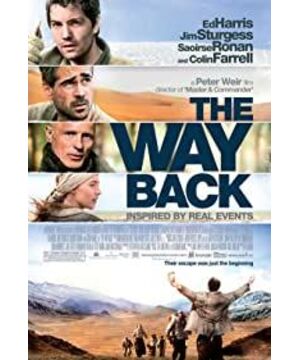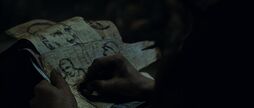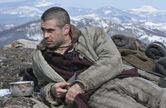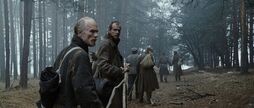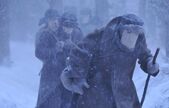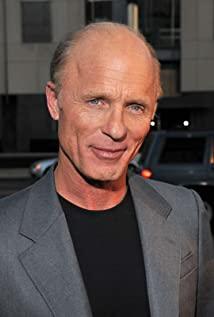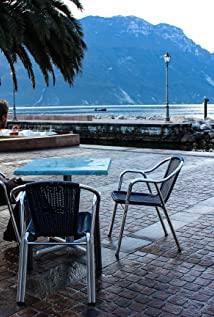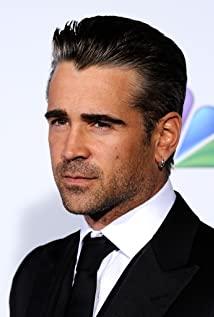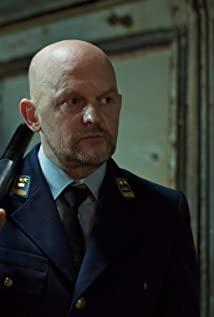This is a fragment that was once buried deep in history. Peter Weir spent five years collecting historical materials, revising the script, and presenting the miracle journey of mankind over nature. The film presents the story in an almost documentary style. , and did not do deliberately provocative. You must know that Peter Weir is a master of emotion creation. His films such as "Dead Poets Society" and "The World of Truman" all depict emotions like a trickle, slowly infiltrating people's hearts, so that after watching, everyone, Experience a touch of warmth and comfort. This time, Peter Weir still maintained a restrained style, calmly narrating with an almost bystander-like attitude, so that people felt that the emotional part was not full. For example, after the death of his companion, he did not express grief specially When parting, there is no deliberate atmosphere, everything seems to be light. What Peterwell wants to show is not so-called human feelings, but a kind of reverence for life. Because in the confrontation with nature, in the confrontation with the limit of life, all human emotions are insignificant, and life is the source of everything. Without it, love, dignity, and dreams become empty words. In the film, the long-range mode is used many times to show the travel route of the escape group from a high and far angle, and also let everyone see how small human beings appear in front of the vast nature.
Peterwell's advantage is delicacy, which has also become a certain disadvantage in this film. Such a film showing the primitive survival of human beings is full of charming scenery, but it lacks a little roughness. For example, outside the cave, everyone After driving away the hyenas who were eating animal carcasses, they couldn't wait to eat raw meat. At this time, the camera turned around in time. After catching the snake in the desert, the camera also switched when peeling the snake's skin. Thousands of kilometers on the road, there are many moments of blood and blood, these shots are the opportunity to show the extremely harsh living conditions. Peterwell avoided it deliberately. When expressing the imprisonment and destruction of human nature by the Soviet government, for example, the torture of Janus' wife and the shooting of Smith's son, these were all narrated from the mouths of relevant people. I believe it will definitely increase the impact of the film. In addition, the sloppy ending also loses a lot of points for the film. Although the film does not want to be deliberately sensational, it finally arranges a plot where the elderly Janus finally returns to China and reunites with his wife. It has appeared in the movie, and there is nothing new at all. In this way, when the audience's emotions have not yet reached a climax, the movie ends hastily, which is a bit anticlimactic.
After the success of several emotional sketches, "Fight the Sea" gave Peter Weir a taste of failure. This big production only won two Oscars for Best Cinematography and Best Sound. This time, he rejected the invitations of several major filmmakers. In order to adhere to the concept, he would rather let a small company shoot this film. It can be said that he has learned the lesson of "Fighting in the Furious Sea". This is a Peterwell-style film that is completely unconstrained. The advantages and disadvantages are equally obvious, but in the subject matter of the film, Peterwell has made a useful attempt. In the long river of human history, there are many stories full of human brilliance. , Peter Weir captured this clip, not only let us relive that period of history, but also let everyone experience the origin and meaning of life.
View more about The Way Back reviews


